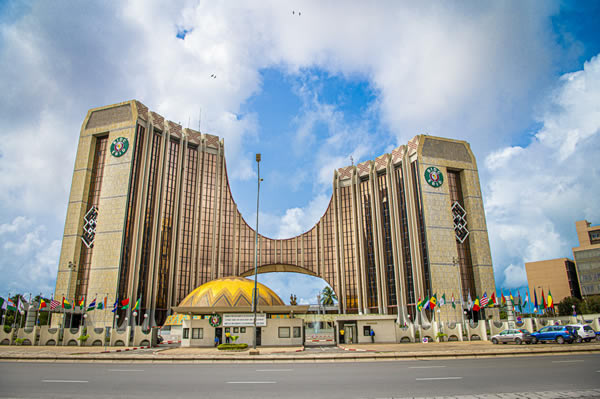
The Board of Governors of the ECOWAS Bank for Investment and Development (EBID) has unanimously increased the bank’s authorised capital from $1.5 billion to $3.5 billion with effect from January 2023.
An authorised capital is the maximum amount of share capital that a company is authorised by its constitutional documents to issue to shareholders.
A statement issued by EBID and copied to the Ghana News Agency said the governors also called for the third tranche of the capital of the Bank, which is in the sum of $438 million.
The Board of Governors, which comprises the ministers of Finance; and Planning and Development of the 15 ECOWAS Member States, took this decision at the just ended 10th Extraordinary Session on October 27 in Praia, Cape Verde.
Dr George Agyekum Donkor, the President and Chairman of the Board of Directors of EBID, said the decision by the Governors was strategic, especially as the Bank intensified its resource mobilisation and sought to position itself to help ECOWAS Member States to navigate the path to socio-economic recovery.
Outlining the justifications for the Governors’ decision, he emphasized the need for the Bank to improve leverage, capital adequacy, liquidity, and the overall risk-bearing capacity.
Dr Olavo Avelino Garcia Correia, the Chairman of the Board of Governors, and Minister for Digital Economy of the Republic of Cape Verde, commended the President of the Bank and his team for the remarkable performance and the eventual upgrade of the Bank’s rating by both the Moddy’s and Fitch rating agencies.
He urged the Management not to rest on its oars but strive to obtain investment grade in order to attract competitive resources for ECOWAS Member States.
EBID is a leading regional investment and development bank, owned by the 15 ECOWAS Member States. These are Ghana, Benin, Burkina Faso, Cape Verde, Côte d’Ivoire, The Gambia, Guinea, Guinea-Bissau, Liberia, Mali, Niger, Nigeria, Senegal, Sierra Leone, and Togo.
Based in Lomé, Togo, it is committed to financing developmental projects covering infrastructure and basic amenities, rural development and environment, industry, and social services sectors, through its private and public sector windows.
Source: GNA























